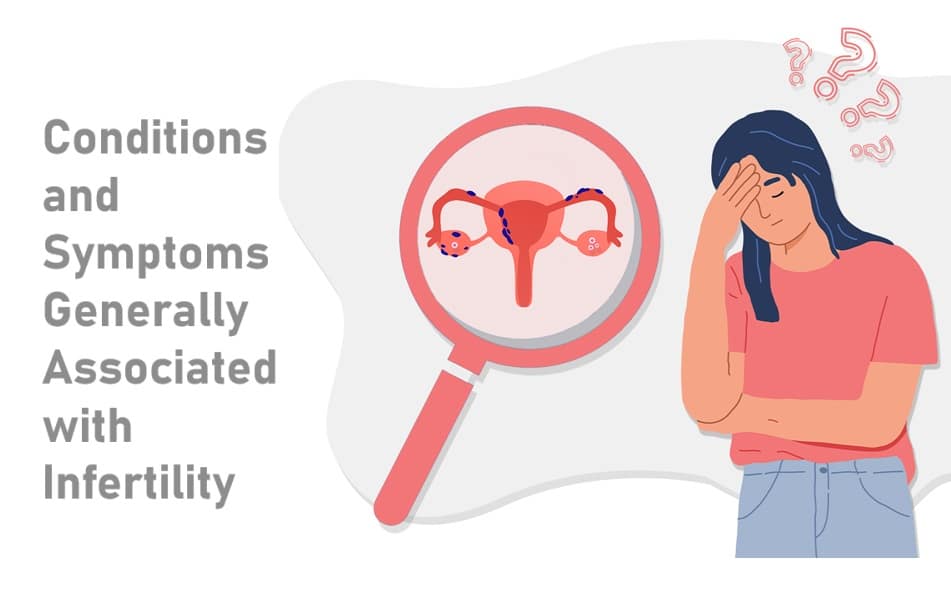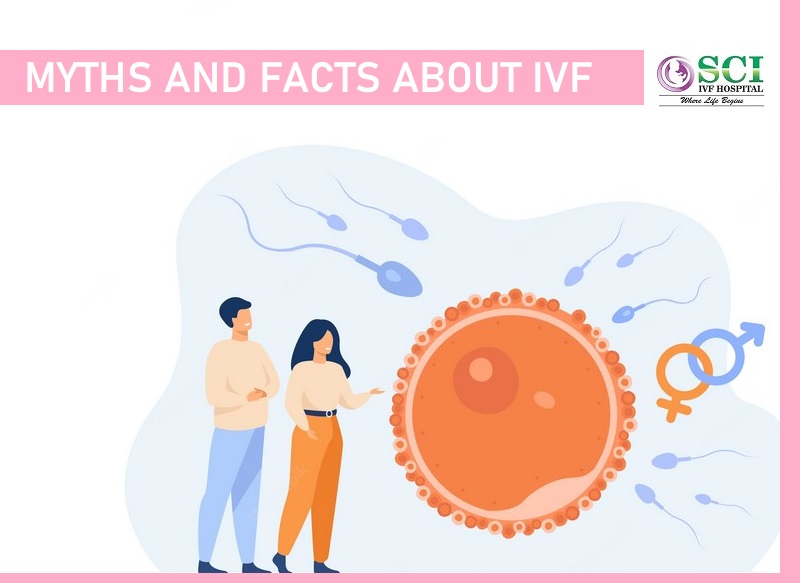Female infertility is a common concern that affects many couples trying to conceive. While it can be a complex issue, understanding the symptoms and seeking timely medical attention can make a significant difference in diagnosing and treating the underlying causes. In this guide, we’ll explore how to recognize female infertility symptoms, empowering women to take control of their reproductive health.
>> What Are the Most Common Infertility Symptoms?
Understanding Female Infertility: Before delving into the symptoms, it’s essential to understand what female infertility is. Infertility is defined as the inability to conceive after a year of regular, unprotected intercourse. Female infertility can result from various factors, including hormonal imbalances, structural issues, and lifestyle choices. Identifying potential symptoms is the first step toward seeking help.
Common Female Infertility Symptoms:
- Irregular Menstrual Cycles: One of the most noticeable signs of female infertility is irregular periods. Women with cycles shorter than 21 days or longer than 35 days may have ovulatory issues, which can affect fertility.
- Painful or Heavy Menstruation: Experiencing severe menstrual cramps or heavy bleeding could indicate conditions like endometriosis or uterine fibroids, which can impact fertility.
- Lack of Menstruation (Amenorrhea): If a woman has not had a menstrual period for several months (other than due to pregnancy or menopause), it’s a potential red flag for infertility.
- Pain During Intercourse: Pain or discomfort during sexual intercourse, known as dyspareunia, can be a sign of conditions like pelvic inflammatory disease (PID) or scarring of the reproductive organs.
- Abnormal Vaginal Discharge: Unusual vaginal discharge, especially if it’s foul-smelling or accompanied by itching, could be a symptom of an underlying infection that may affect fertility.
- Hormonal Imbalances: Conditions such as polycystic ovary syndrome (PCOS) can lead to hormonal imbalances, resulting in irregular periods and difficulties conceiving.
- Pelvic Pain: Chronic pelvic pain or discomfort could be related to conditions like endometriosis or adhesions that interfere with fertility.
When to Seek Medical Help: Experiencing one or more of these symptoms does not guarantee infertility, but it is essential to consult a healthcare professional if you suspect an issue. Early diagnosis and treatment can improve the chances of successful conception. Don’t hesitate to reach out to a fertility specialist or gynecologist for a comprehensive evaluation.
Conclusion: Recognizing female infertility symptoms is the first step towards addressing potential reproductive health issues. By understanding these signs and seeking timely medical attention, women can take proactive steps to address infertility and work towards their dream of starting a family. Remember, infertility is a common challenge, and many effective treatments are available to help couples achieve their goals of becoming parents.






